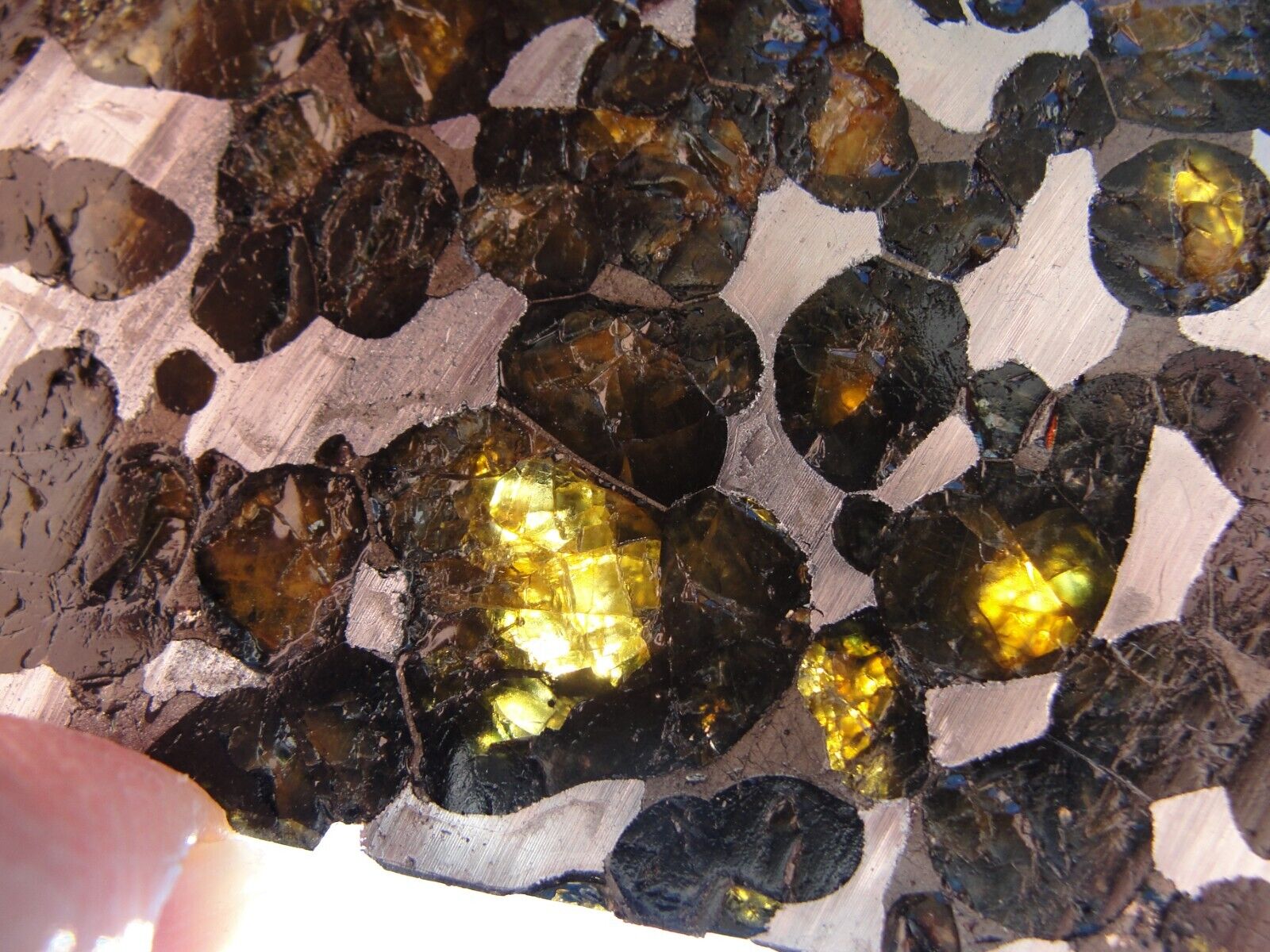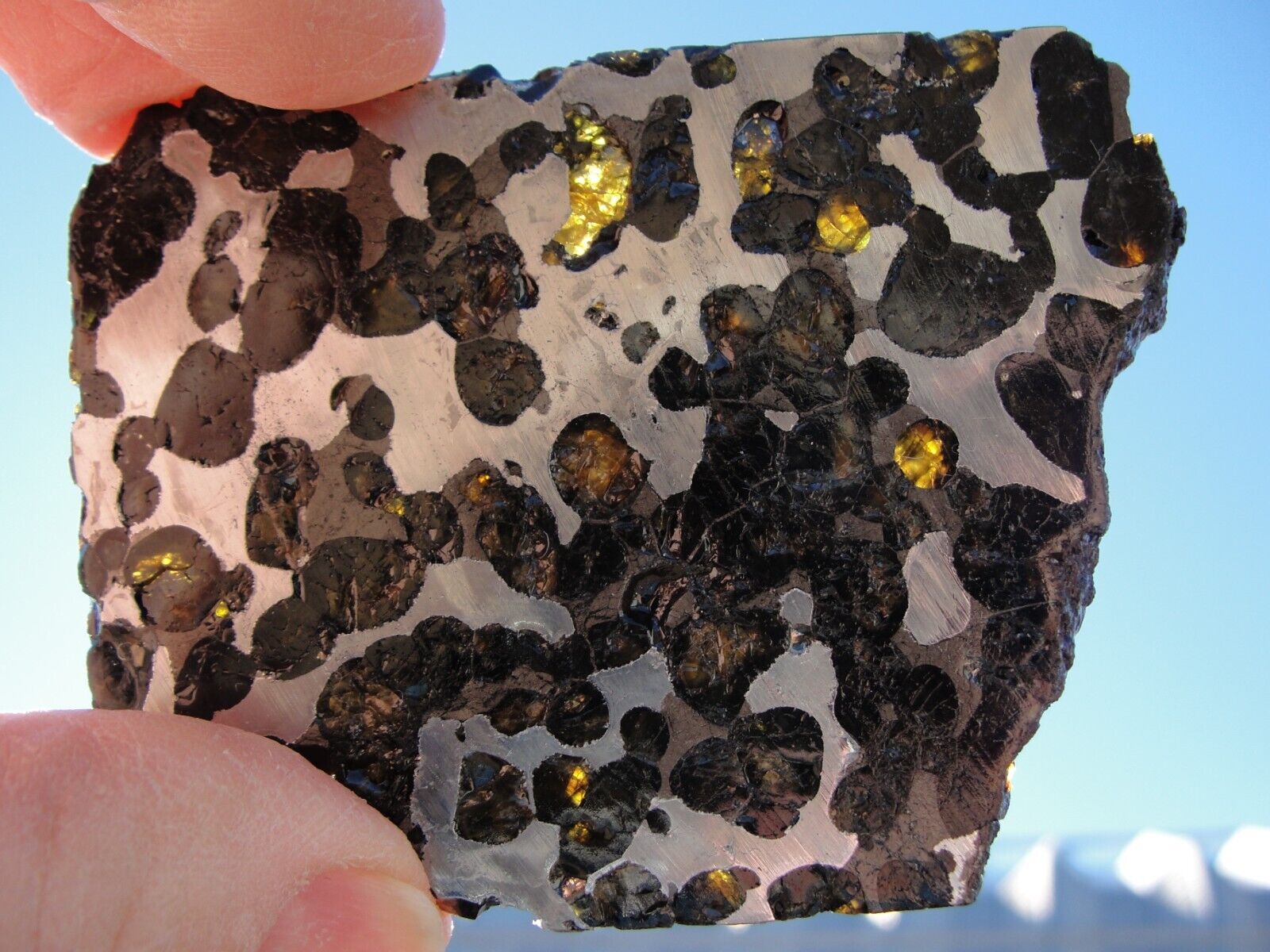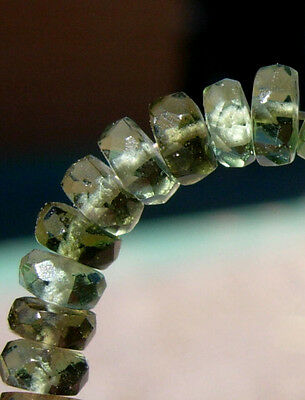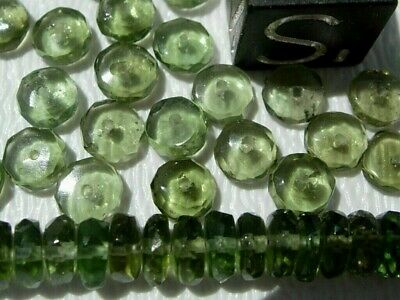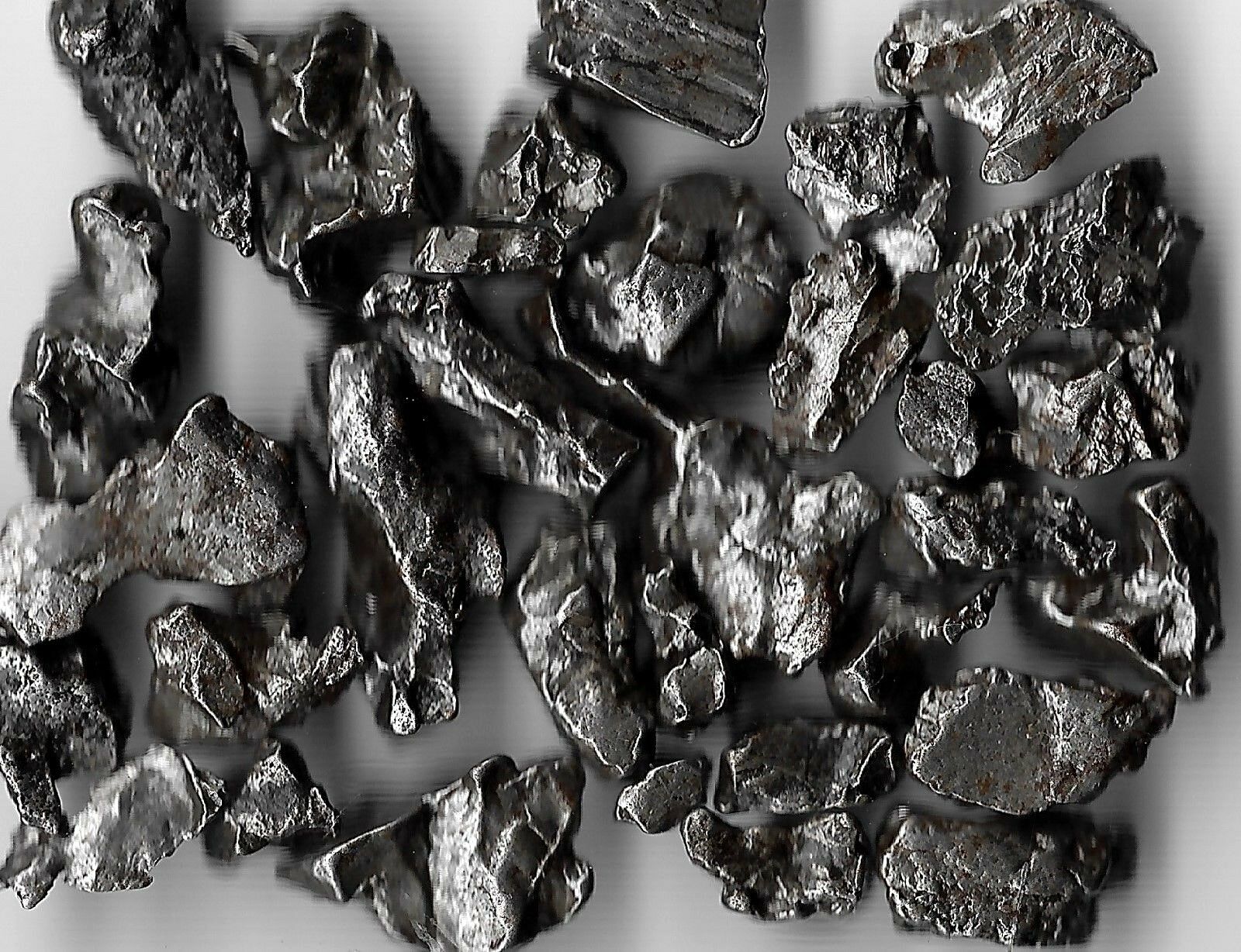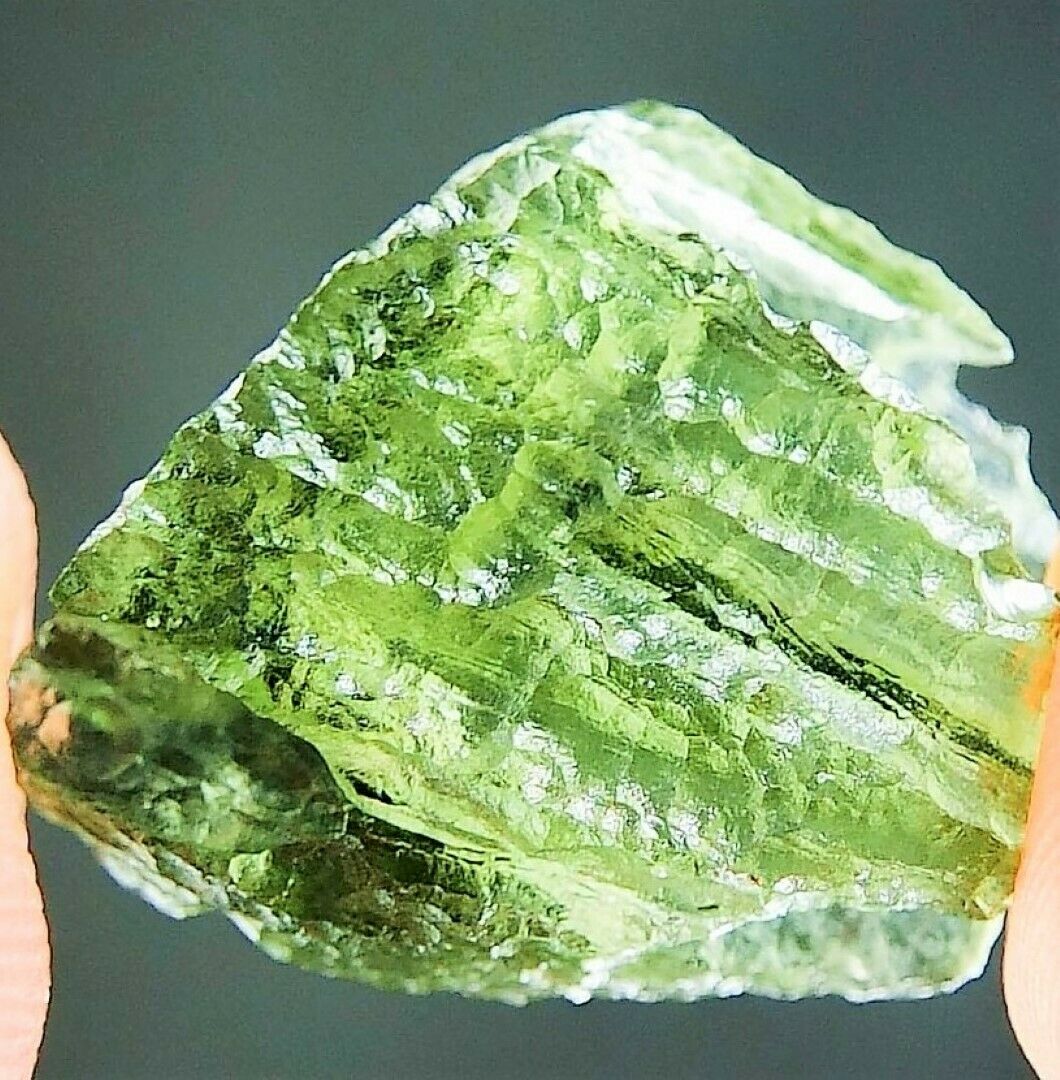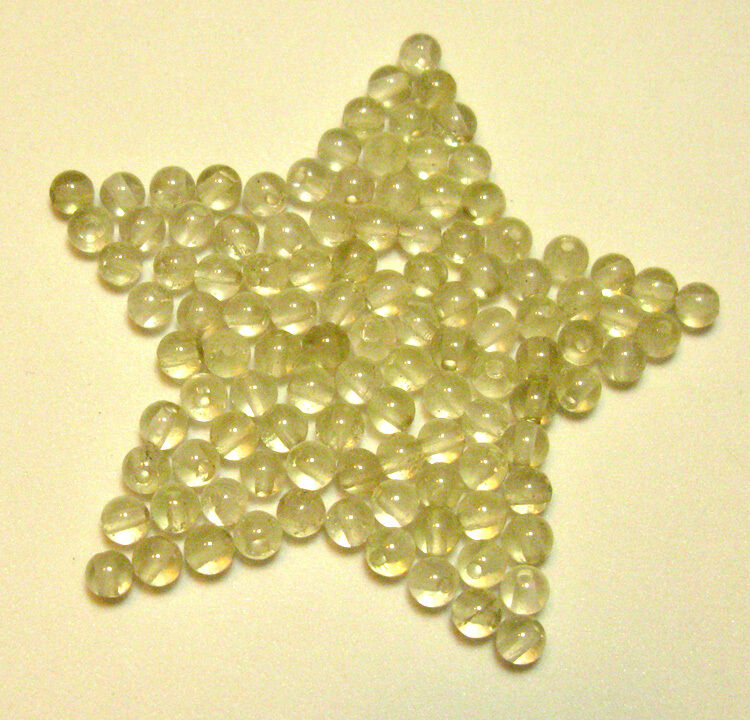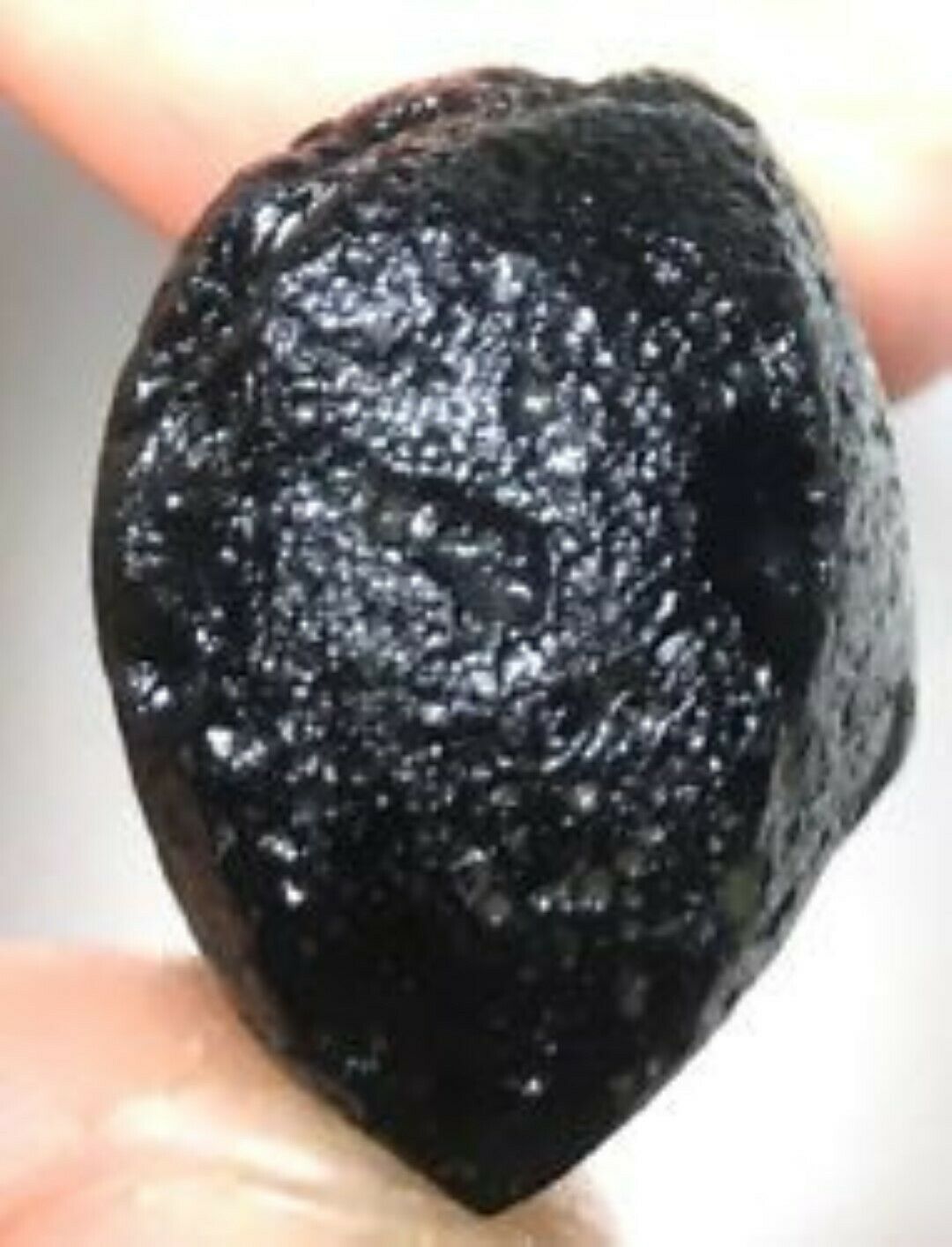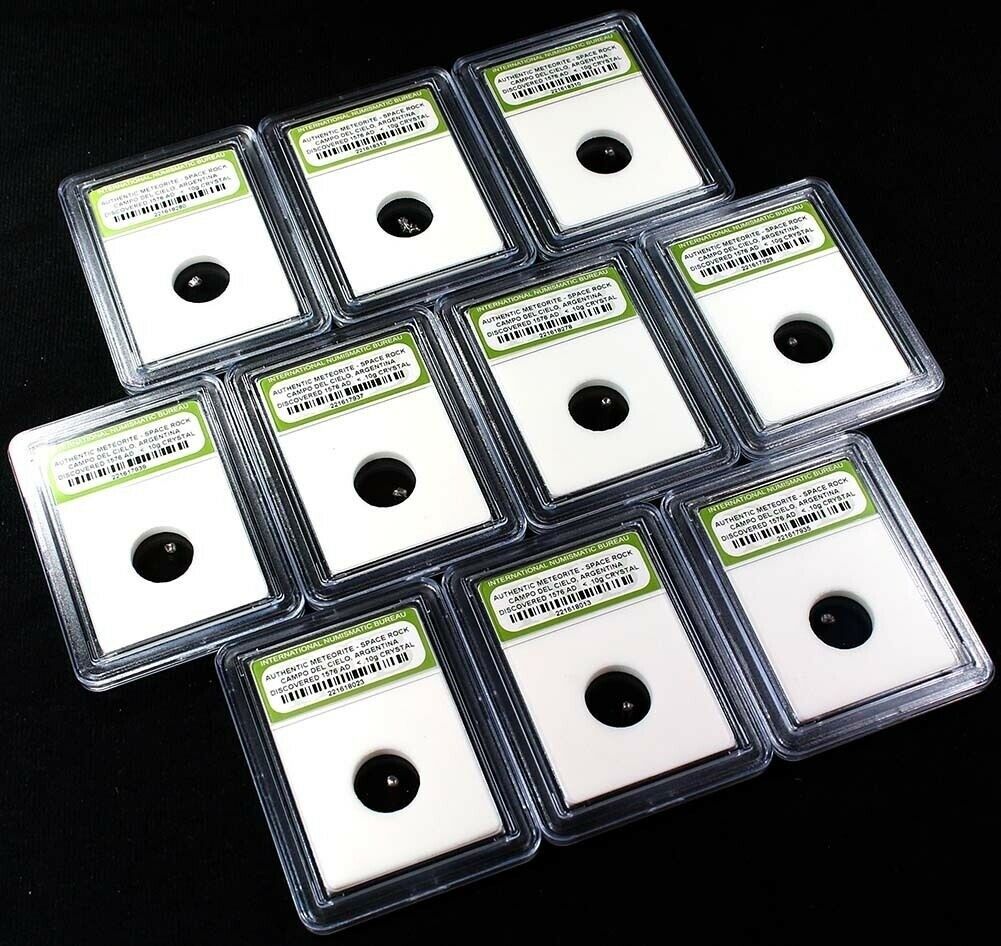-40%
Brenham Pallasite Meteorite part slice 75gram peridot olivine nickel iron
$ 39.6
- Description
- Size Guide
Description
For auction: Brenham pallasite part slice approximate dimensions 75gm x 7cm x 5cm x 0.4cm thick, found and cut by me (Don I Stimpson, Ph.D. aka "don pallasite"). Not polished, coated with an acrylic polymer which can be removed with acetone. No price gouging, no shill bidding.Our museum is closed, an archived page here: http://www.kansastravel.org/kansasmeteoritemuseum.htm
For storage I recommend an air tight container (desiccator) with molecular sieve 4A. You can also purge the air in the container with argon to remove oxygen. S
mall bottles of argon are sold to preserve opened wine. Earth's atmosphere contains about 21% oxygen which can oxidize meteorite green peridot to orange/red color & fracture. Or, my favorite, pull hard vacuum in the desiccator and put the slice "back in space".
Btw, we sold most of our material when the museum closed but still have several hundred pounds of Brenham meteorite.
.
US only, no
foreign
sales. Sold only as an item for display. Any other use is your responsibility. No Returns.
From Catalog of Meteorites (
©
2000
Catalogue of Meteorites Reference Book with CD-ROM 5th Edition Monica M. Grady
)
Brenham
Kiowa County, Kansas, U.S.A.
37ø 36' N. 99ø 12' W. (approx.)
Find. 1882
Anderson Hamilton County Haviland
Haviland Township Hopewell Mounds Kiowa
Kiowa County Little Miami Valley Turner Mound
Stony-iron. Pallasite (PAL).
About twenty masses were found, weighing together about 2000lb individual
masses weighing from 1oz to 466lb. Described, with an analysis of metal,
10.35 %Ni, G.F. Kunz, Am. J. Sci., 1890, 40, p.312. Many other small masses,
weighing mostly less than 450g were found in 1892, R. Hay, Am. J. Sci.,
1892, 43, p.80. Partially to completely oxidised fragments and limonitic
masses ("meteorodes") were found in a swampy depression which is probably a
meteorite crater, Haviland Crater, associated with this fall, H.H. Nininger,
Trans. Kansas Acad. Sci., 1929, 32, p.63, H.H. Nininger, Am. Miner., 1938,
23, p.536 (M.A. 7-177). A mass of 740lb was found in 1947, 0.75 miles WNW. of
the crater, also others of 474lb., 381lb., 357lb., 220lb., and 110lb at
depths of between one and two feet, and more recently, at a depth of 5ft
3in, a mass of 1000lb. This has been described, incorrectly, as the world's
largest pallasite, (compare, for example Huckitta, 2 tons). Metallography,
H.J. Axon and E.D. Yardley, Min. Mag., 1969, 37, p.275. Prehistoric
transport; analysis of metal, 11.1 %Ni, 26.2 ppm.Ga, 70.8 ppm.Ge, 0.041
ppm.Ir, J.T. Wasson and S.P. Sedwick, Nature, 1969, 222, p.22. Olivine
Fa12.5, P.R. Buseck and J.I. Goldstein, Bull. Geol. Soc. Amer., 1969, 80,
p.2141 281kg, Fort Worth, Texas, Monnig Colln. 200kg, New York, Amer. Mus. Nat.
Hist. (approximate mass). 170kg, Michigan Univ. 302kg, Chicago, Field
Mus. Nat. Hist. 130kg, Tempe, Arizona State Univ. 89kg, Washington, U.S.
Nat. Mus. 61kg, Harvard Univ. 55kg, Yale Univ. 27.5kg, Los Angeles,
Univ. of California 7kg, Vienna, Naturhist. Mus. 3kg, Budapest, Nat.
Mus.
Specimen(s): [66202] 1502g [68725] 506g [1930,437] seven
limonitic nodules ("meteorodes") [1959,1054] 12270g (slice).
[1960,492] 15.5g [1959,171] 6.5g [1959,1055] 100kg (meteorodes and
meteorode fragments). [1962,141] nickeliferous nodules from soil near
crater [1969,172] 26g (polished slice.). [1985,M.322] 870g
